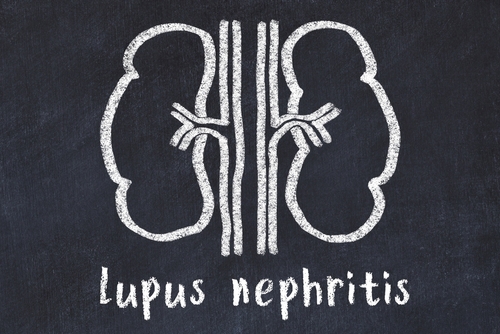
One of the most common forms of inflammatory arthritis is gout, and it carries a degree of disease burden. Gout is a result of uric acid deposition between the joints, and caused symptoms such as intense joint pain, lingering discomfort, limited range of motion, and inflammation and redness. Gout is often associated with comorbidities such as diabetes, chronic kidney disease, and cardiovascular disease. Previous studies have found the prevalence of atrial fibrillation (AF) and cardiovascular mortality is higher in patients with gout than in those without.
A risk factor for gout is increased age, and with increased age comes increased risks for infections such as influenza. A study by Rondy et al. found that influenza infection was significantly associated with the development of AF, which could be reduced through influenza vaccination.
Published in Frontiers in Pharmacology, researchers evaluated the protective effect of influenza vaccination against AF in patients with gout. Utilizing a national database, more than 25,000 patients with gout aged >55 years were retrospectively reviewed. Patients were divided into vaccinated (n = 13,201) and unvaccinated cohorts (n = 13,042). Researchers evaluated patients’ medications, sociodemographic information, and the risk of AF.
In all seasons (both influenza and noninfluenza seasons), the risk of AF was significantly lower in vaccinated patients than in unvaccinated patients. There were no significant differences observed between female and male sex and the risk of AF after vaccination. “We also observed a significantly decreased risk of AF among patients aged 55–64, 65–74, and ≥75 years during all seasons,” the authors noted. After main model analysis, there was a significantly decreased risk of AF in patients with the administration of more vaccine doses. Additionally, compared with unvaccinated patients, those who were vaccinated demonstrated increased long-term use (≥28 days) of gout medications.
As the mechanism of AF risk reduction, the authors said, “In patients with influenza, inflammatory cytokines are produced, and the sympathetic nervous system is activated. Infection with influenza may also cause myocarditis, which leads to AF by affecting the electrical system of the heart. Therefore, influenza vaccination can prevent AF by reducing the aforementioned risks during an infection with influenza.”
The authors stated that, while the influenza vaccination is associated with a decreased risk of AF in patients with gout, further analysis is needed to validate their findings.







 © 2025 Mashup Media, LLC, a Formedics Property. All Rights Reserved.
© 2025 Mashup Media, LLC, a Formedics Property. All Rights Reserved.